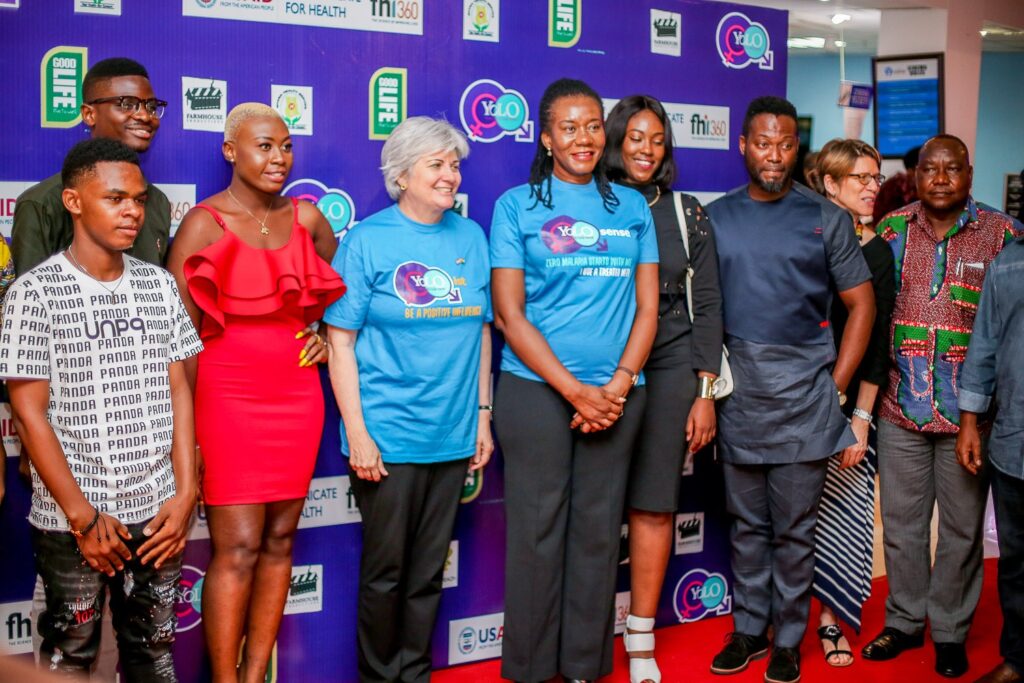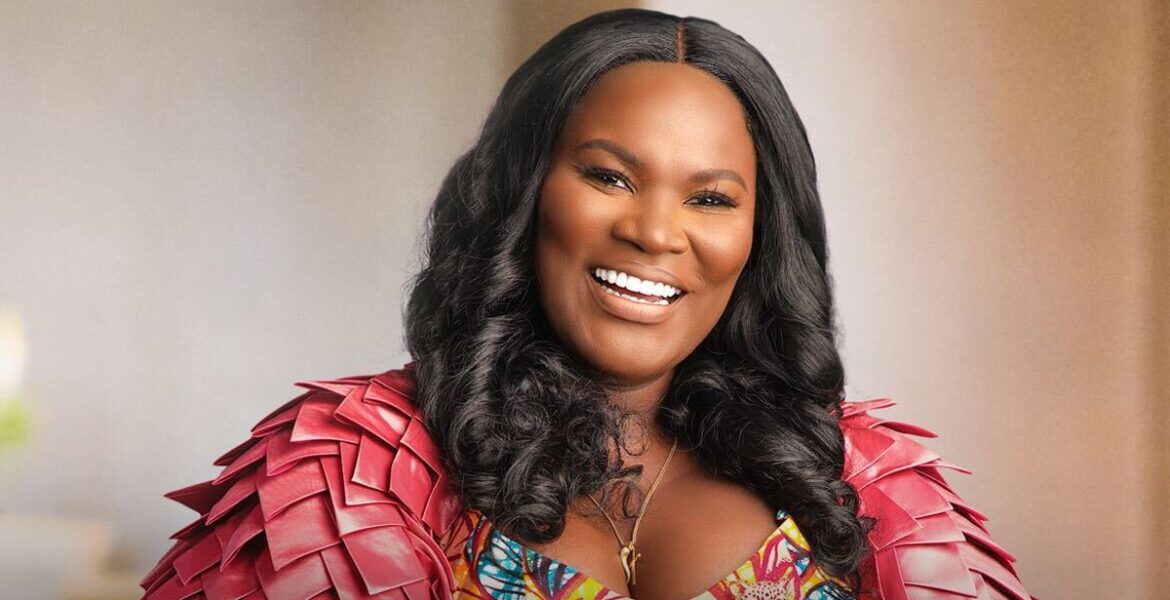In the thriving and constant evolving landscape of the Ghanaian media, the depiction of women has been a persistent topic of discussion. While there has been some progress made, there is still notable headway to be made in order to accomplish well-balanced and errorless portrayals. Changing the narrative around women in Ghanaian media is not just about representation but building a platform where women’s stories are properly, authentically and diversely told.
Over various decades, the Ghanaian media, much like the global media, often relegated women to stereotypical roles. Women were primarily seen in supportive roles or portrayed through restricting stereotypes that did not show their full experiences and capabilities. Over time, milestones have been reached, with prominent women such as the graceful Oheneyere Gifty Anti and the articulate Nana Aba Anamoah, laying the foundations for change as media personalities and journalists.
Today, there is an increasing presence of women in the Ghanaian media. Although specific recent data on the exact number of women in media and journalism roles in Ghana may not be readily available, reports and observations show a rising trend in female involvement. Regardless, significant challenges still remain. We still see women being marginalized in leadership positions and certain stereotypes persist in media depictions. Repeated stereotypes include the portrayal of women primarily as objects of beauty or homemakers, which subverts the multiple roles they play in our community. However, there are exceptions worth noting, which include television programs and media campaigns progressively exhibiting strong and independent women in diverse personal and professional roles.
The media has an extreme impact on societal perceptions. In Ghana, the media structures attitudes toward gender roles and impacts the dreams and aspirations of young girls and women. For example, the showcasing of women in leadership positions in popular television shows can motivate the viewers and challenge the long-standing traditional criterion. Television series such as “YOLO” (You Only Live Once) have made headway in portraying young women steering their way through education, relationships and career aspirations, by that means, providing identifiable and positive role models.

While on-screen representation is key, the existence of women behind the scenes is evenly important. Women in media production such as directors, writers and producers are essential in creating content that reflect the experiences of women correctly. Various organizations and movements in Ghana are unwavering in their dedication to enhancing women’s representation in the media. For instance, there is the Alliance for Women in Media Africa (AWMA) who works to assist and encourage the roles of women in the media industry. Initiatives like these are important in steering change and making sure that the voices of women are heard and respected. Journalists like Manasseh Azure Awuni have called attention to issues of women in their investigative stories, hence drawing attention to important social discussions.
To further change the narrative, media literacy among the public must be encouraged. By critically evaluating media content, the public can challenge stereotypes and call for better representation. Mentorship and support are also important and programs that provide training and networking opportunities for women in media can help build a more comprehensive industry. Also, calling for policy changes that foster gender equality in media workplaces can create a more supportive environment for women.
Influential women in Ghanaian media such as Anita Erskine, Naa Ashorkor, Berla Mundi and many others continue to motivate us with their stories of dedication and resilience and this shows the impact that one can have through the media.

The path to change the narrative around women in Ghanaian media is still a work in progress. By encouraging diverse and accurate depictions of women, fostering media literacy and advocating for policy changes, we as a people can create a media landscape that accurately reflect the richness of women’s experiences. As we look to the future, the collective effort of media professionals and audiences alike will be essential to continuing this progress.

